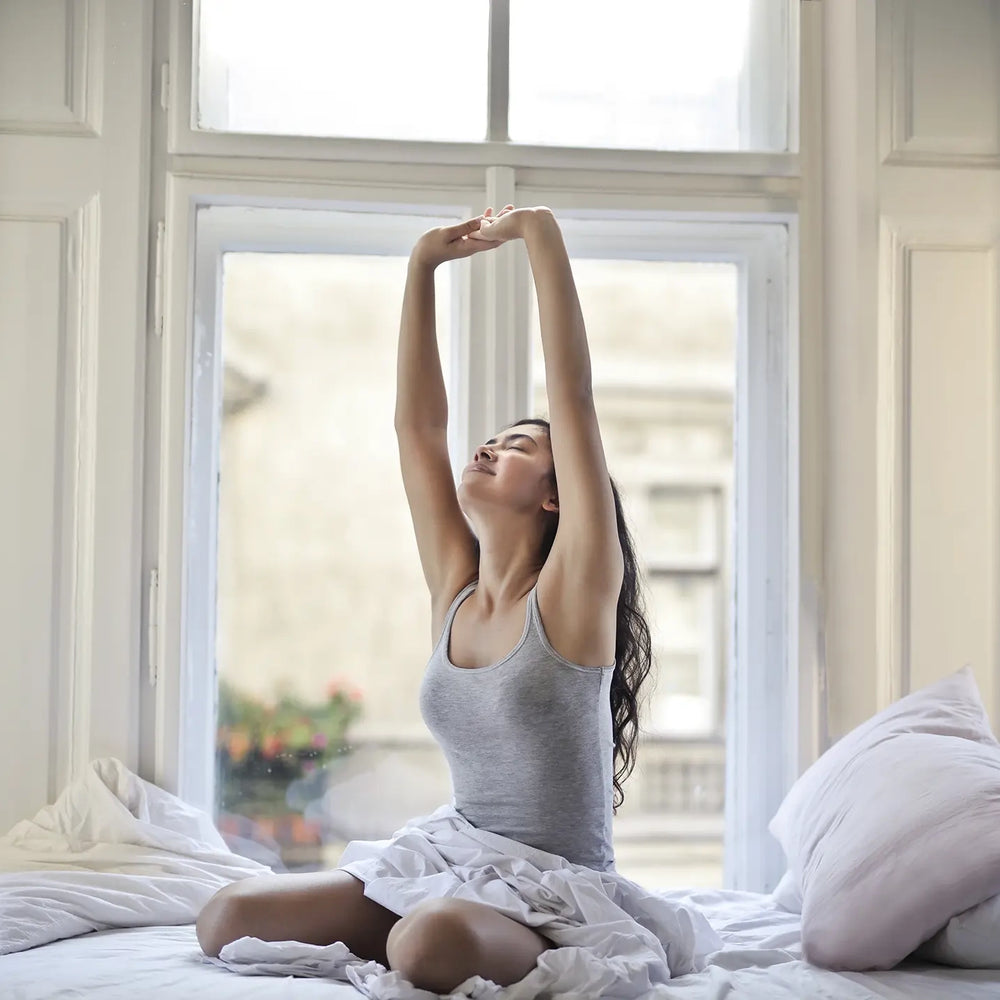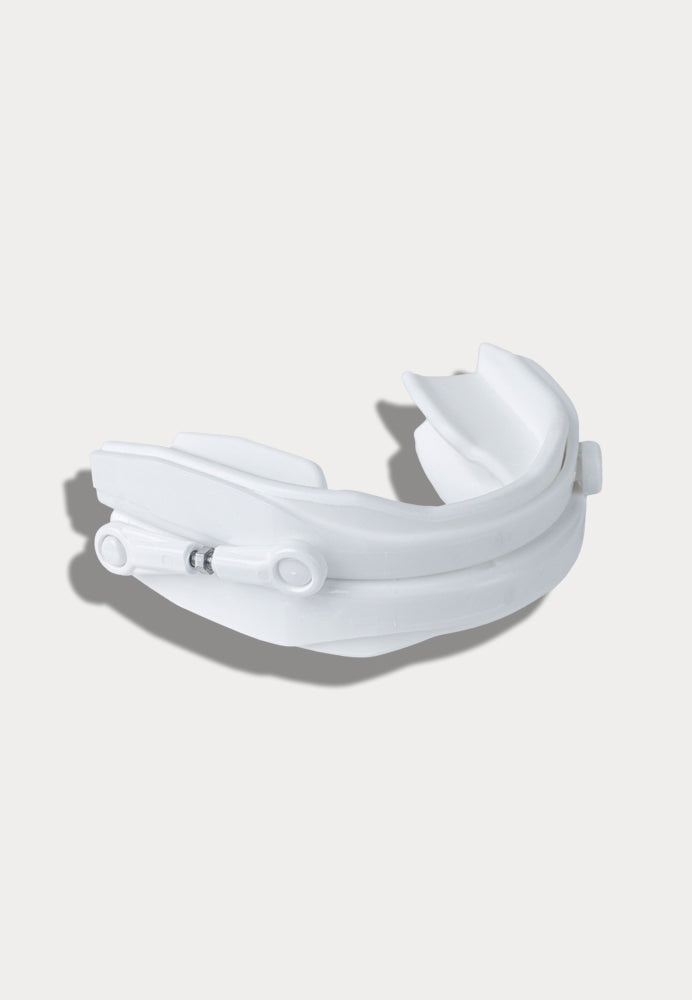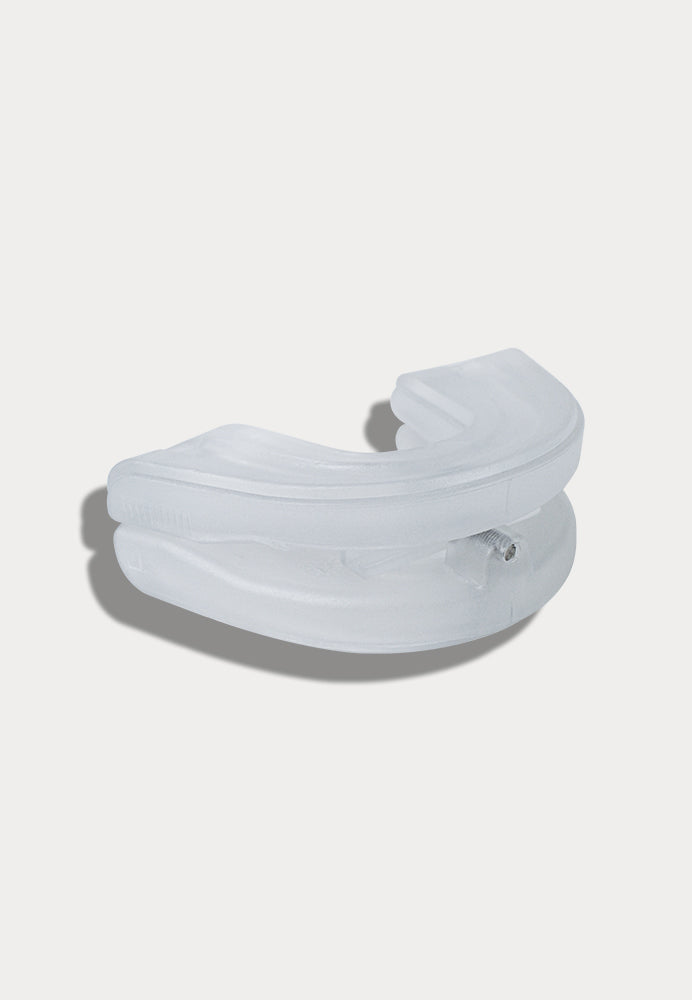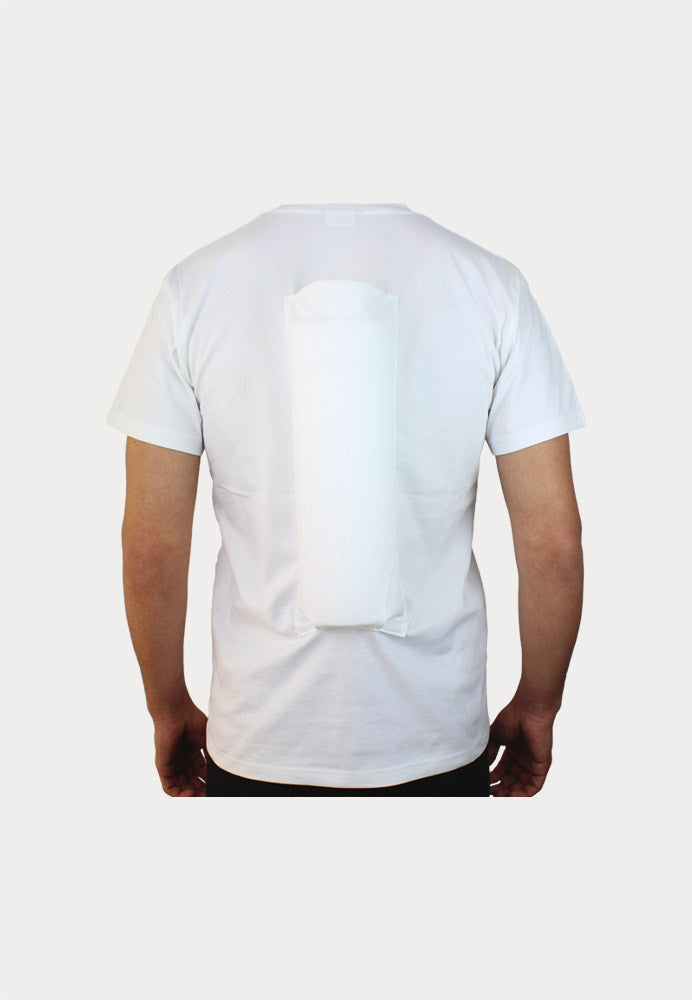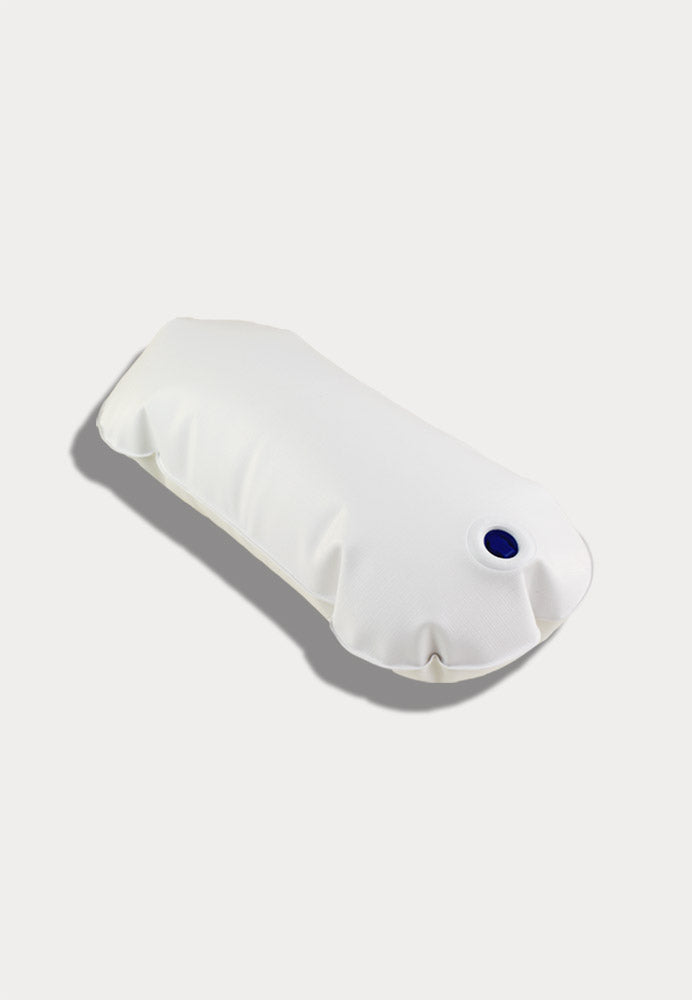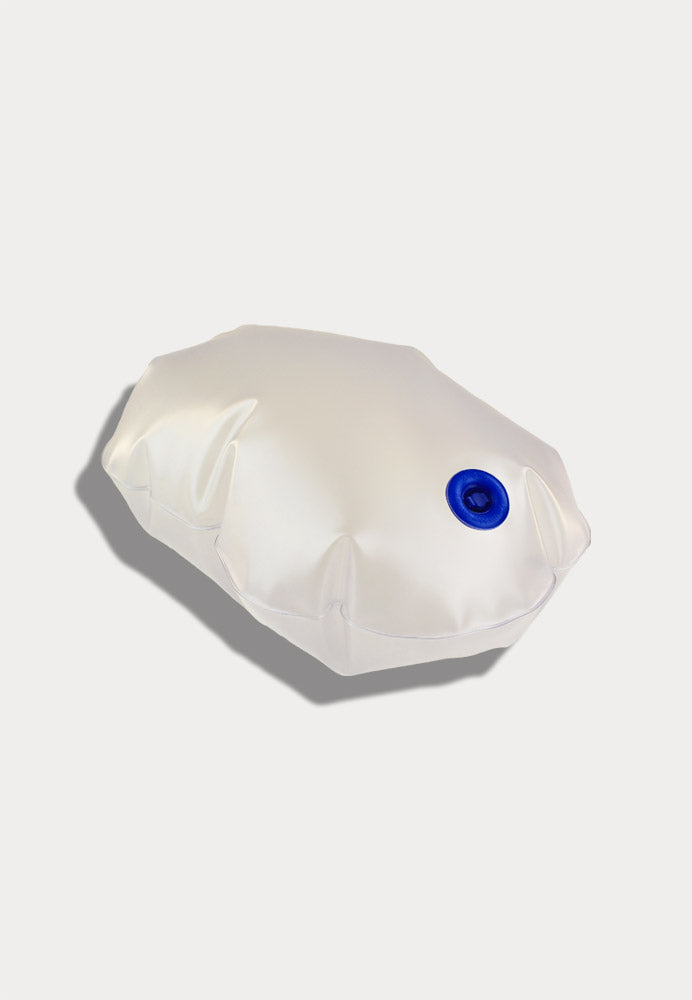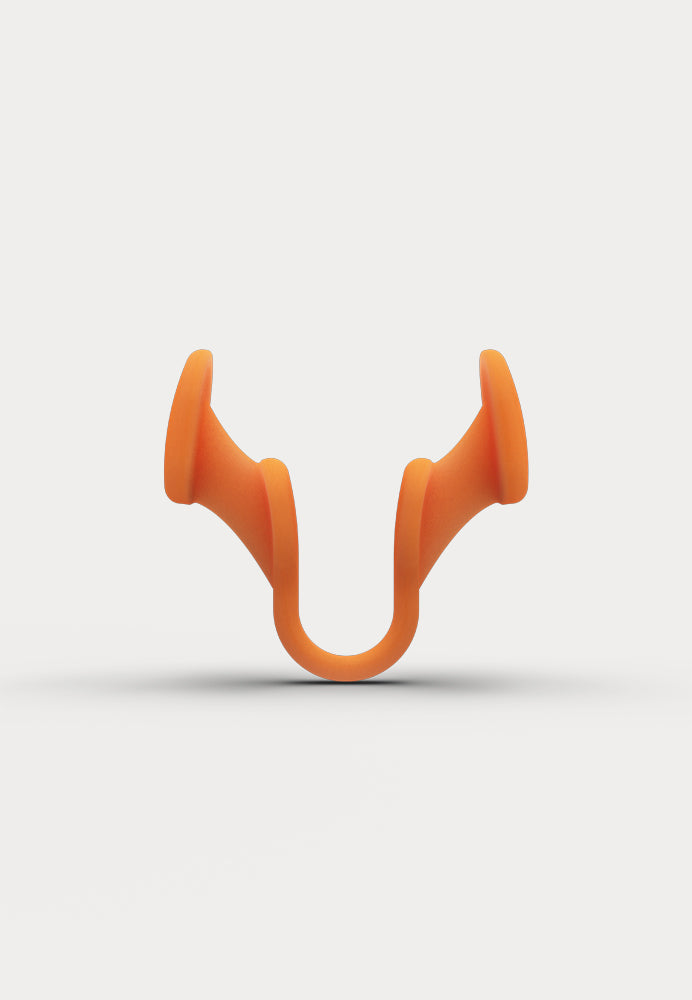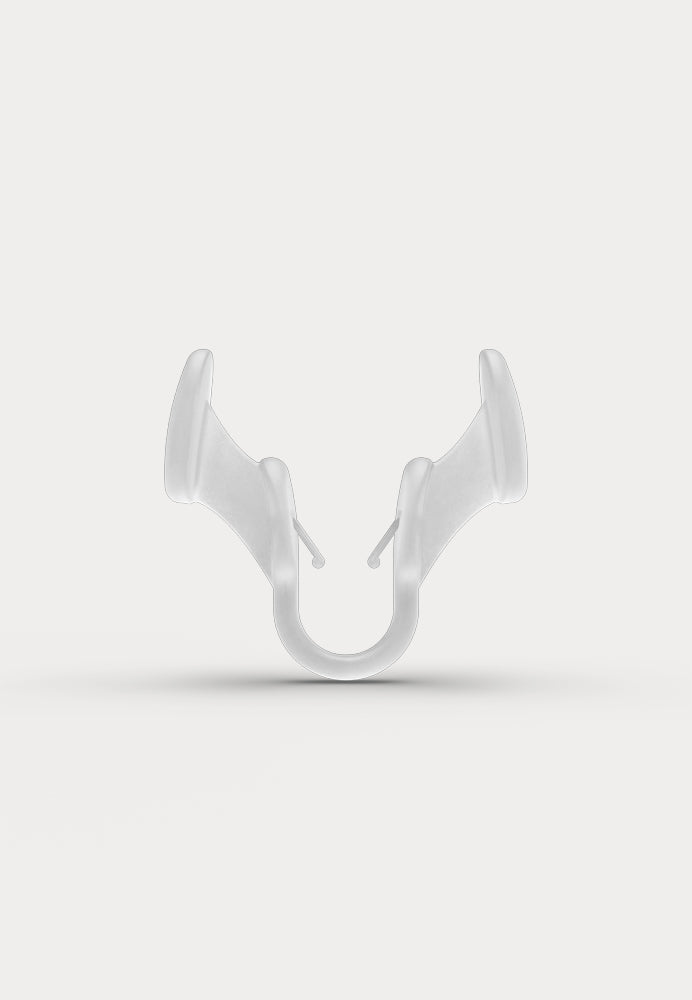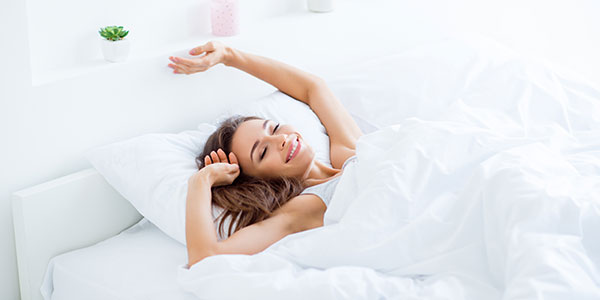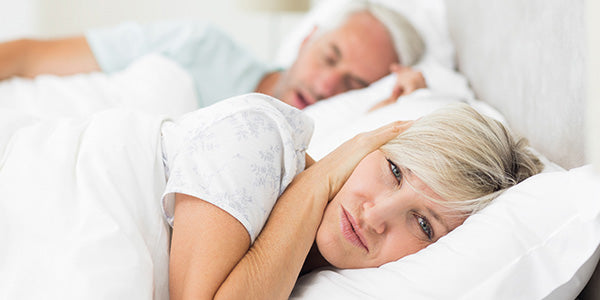Sleep is used for resting the body and the psyche. If the nocturnal regeneration phase is disturbed for just one night, we usually feel weak and are less efficient. A lack of sleep can pose some risks for both the body and the mind.
Psychological consequences of lack of sleep are often reflected in a decrease in memory and in a bad mood , because sleep is essential for processing new impressions and what has been learned.
People who suffer from sleep deprivation...
…notice a decrease in their ability to concentrate and pay attention
...are more easily irritable, aggressive or stressed
…suffer from listlessness and show symptoms of depression more quickly
Physical consequences of lack of sleep often manifest themselves in a decline in performance, muscle wasting and negative health effects
People who don't get enough sleep...
...have a weakened immune system
…suffer from obesity, metabolic disorders and headaches more quickly
...thus increasing the risk of developing diabetes or cardiovascular disorders.
However, since "sleeping more" is not always possible due to everyday commitments, you will find tips and tricks here to sleep "better" and at least to be able to use the time you have effectively for regeneration and recovery.
1. The right sleep rhythmEveryone has their own sleep rhythm and specific times when they are awake and productive. A regular bedtime, both during the weekday and at the weekend, can significantly promote healthy sleep. This usually arises from family, work or other weekly commitments.
The correct duration of sleep cannot be generalized. Although most people need 7-9 hours of sleep, some feel super fit after 5 hours, while others don't feel fully recovered even after 9 hours. Maintaining an optimal sleep rhythm is much more important than the duration.
You can find out your individual sleeping rhythm by varying the sleeping times over a longer period of time. The time window can be shifted between 15 and 60 minutes.
2. SportsSport plays a crucial role in sleep, just like the other way around. Exercise regularly and do endurance sports, especially if you have an office job. However, try not to schedule your exercise in the hours just before bed, as it takes time for the body to slow down. If you have no other option, an evening walk or yoga will suffice.
3. NutritionDo not go to bed on a full stomach and only eat light food in the evening. Eating is known to have a tiring effect, but the body cannot use the energy for regeneration if it is still busy digesting.
Bananas, cherries, almonds, salmon, tuna, eggs and cocoa are just a few of the foods that contain ingredients that promote sleep, and the famous glass of milk also has its effect, as magnesium and calcium relax the muscles and nervous system.
However, alcohol or stimulating drinks should not be taken before bed. While alcohol can help you fall asleep faster, it impairs your body's ability to stay asleep. Caffeinated beverages should not be consumed after 3 p.m.
Lying on the left side is also beneficial to aid digestion, as it frees up the stomach and pancreas from working against gravity and allows the heart to pump more easily.
4. ThoughtsAs soon as you lie in bed, the thoughts start swirling around in your head. Especially unsolved problems easily rob you of sleep. Try to avoid stress by rationally deciding which factors are beyond your control and making a list of ways to fix the solvable problems. If this doesn't clear your head, talk to someone about your thoughts. A lot of things sound much less dramatic when spoken out loud.
Don't put any pressure on yourself. If you desperately try to fall asleep quickly, you will have the opposite effect and can actually train yourself to develop a sleep disorder. Instead, try to realize that just resting is good enough to help you relax and eventually fall asleep unnoticed.
5. Sleep EnvironmentAs night falls, the body begins to release the hormone melatonin, which helps us fall asleep and stay asleep. Artificial lighting of any kind inhibits the production of this hormone and thus prevents you from falling asleep.
Therefore, try to keep your bedroom as dark as possible. Street lights in front of the window have just as negative an effect as standby lights from electronic devices. Dense curtains and masking off the lights can help.
Don't take your smartphone or laptop to bed with you. This should serve as a place of relaxation and be anchored as such in the subconscious. The use of these devices leads to sensory overload in the brain and the blue light prevents melatonin production. Turn on the blue light filter on your smartphone or ideally turn off all digital devices half an hour before bed.
6. Evening ritualsSwitching off is a process. So try not to work, eat or exercise about 2 hours before you go to sleep in order to let the evening end peacefully.
Stick to your individual sleeping rhythm and try to always eat dinner at the same time so that your body gets used to when it can shut down its functions.
Relaxation exercises can help if you have trouble falling asleep. These include yoga, meditation and progressive muscle relaxation.
7. Trouble staying asleepProblems with sleeping through the night can be based on various causes, which you should clarify with your doctor if necessary. A common cause is obstructive sleep apnea. Those affected suffer from a relaxation of the muscles in the throat area during sleep, which results in a narrowing of the airways. If there is a pause in breathing, the body carries out a natural wake-up reaction that impairs sleep. In our shop you will find some aids to reduce sleep apnea.
